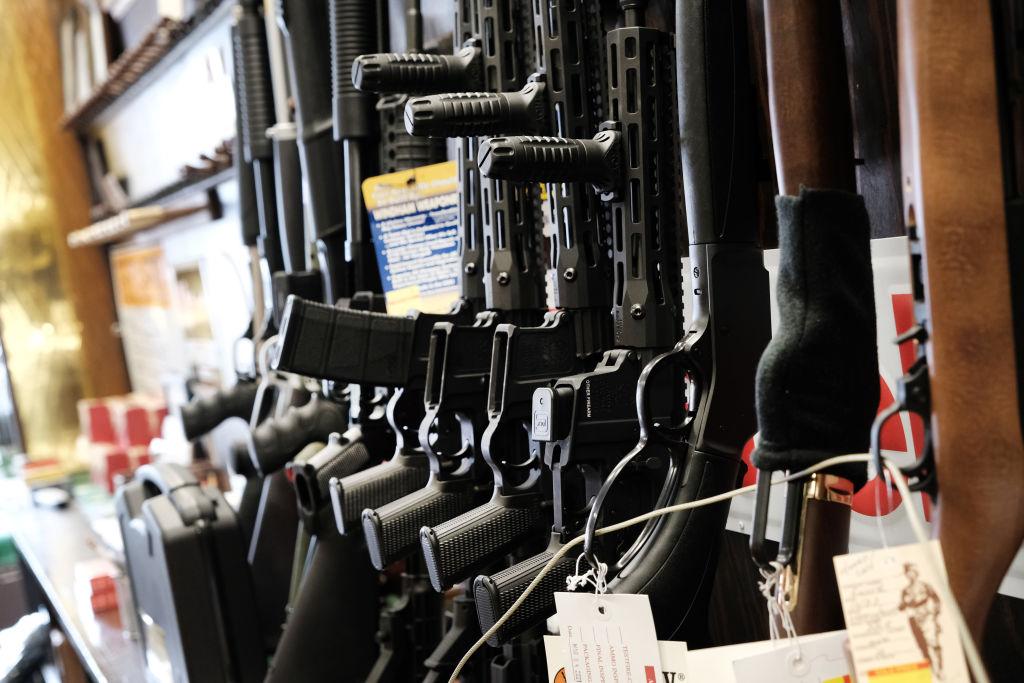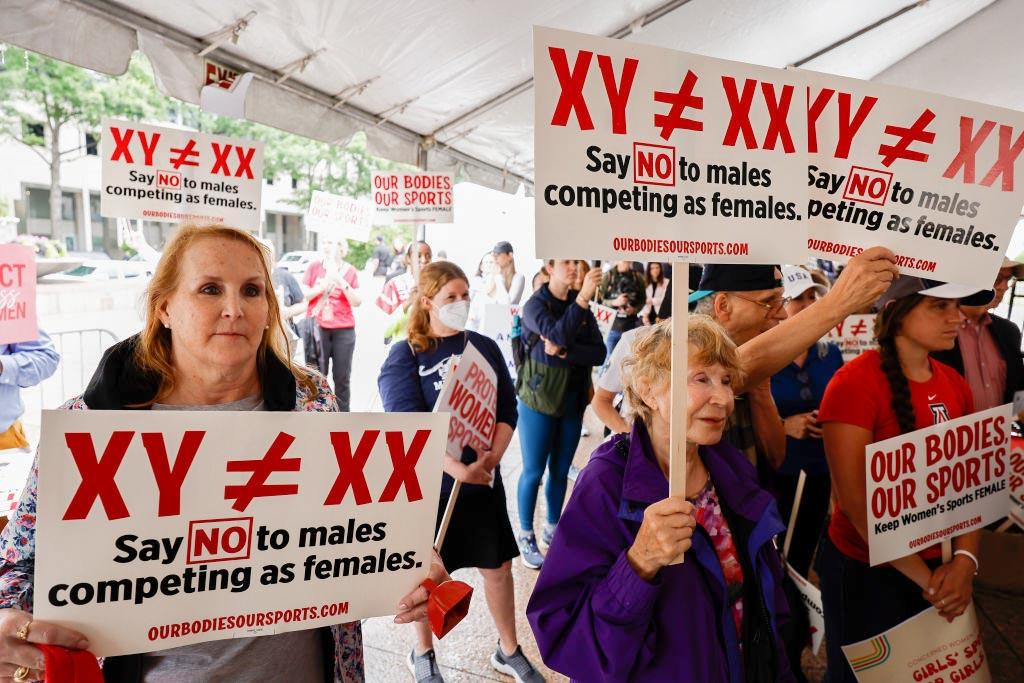After five days of whiplash-inducing legal skirmishes, Oregonians still await clarity on the state’s recently adopted gun control measure.
Federal Judge Karin Immergut on Dec. 6 denied plaintiffs a temporary restraining order (TRO) on the implementation of Ballot Measure 114, but granted the state a 30-day delay on the permit-to-purchase portion of the new rules.





